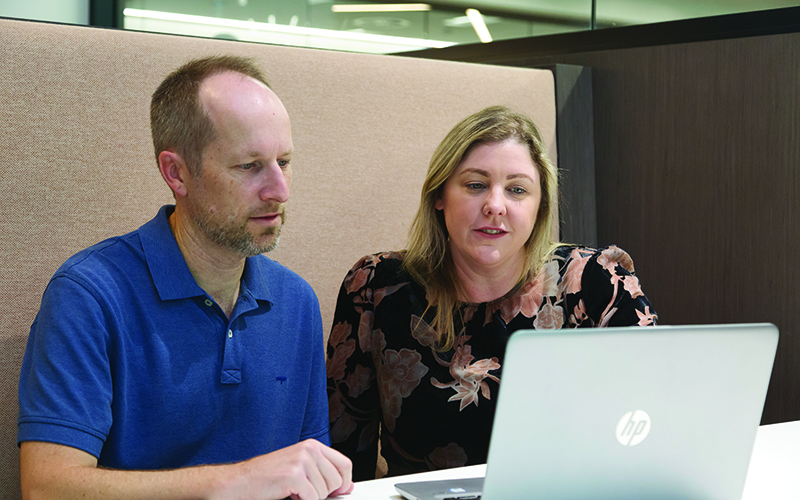Search

An interactive Child Development Atlas is giving policymakers, planners and services easy access to important data about the health and wellbeing of WA families.

Global efforts led by The Kids Research Institute Australia’s Child Health Analytics program will see nations impacted by high rates of malaria empowered to develop their own controls and solutions.
Research
Evaluating the scale-up of the Play Active programme for children’s physical activity in early childhood education and care services: a national type III hybrid effectiveness-implementationPhysical activity is crucial for young children's health and development. Many young children do not meet the recommended 3 hours of daily physical activity, including 60 min of energetic play. Early childhood education and care (ECEC/childcare) is a key setting to intervene to improve children's physical activity. The Play Active programme is a scalable evidence-informed ECEC-specific physical activity policy intervention with implementation support strategies to improve educators' physical activity-related practices.
Research
A pilot implementation study of a chronic pain core outcome set and decision tree for children and young people with cerebral palsyThis study aimed to (i) develop a decision tree to guide clinicians to use a core outcome set (COS) of chronic pain assessment tools specific to children and young people with cerebral palsy and (ii) pilot test the implementation of the decision tree and core set in clinical practice.
Research
Time-course RNAseq data of murine AB1 mesothelioma and Renca renal cancer following immune checkpoint therapyTime-critical transcriptional events in the immune microenvironment are important for response to immune checkpoint blockade (ICB), yet these events are difficult to characterise and remain incompletely understood. Here, we present whole tumor RNA sequencing data in the context of treatment with ICB in murine models of AB1 mesothelioma and Renca renal cell cancer.
Research
Parents on the Concept of Physical Literacy: What Do They Know, What Do They Do, and What Do They Want?Physical literacy development in early childhood, viewed by many as the foundation for lifelong physical activity engagement, is significantly influenced by parents. Our aim was to explore parents' understanding of physical literacy and gain insight into their perspectives on physical literacy promotion.
For this study, we examined how Rett syndrome characteristics can be affected by X-inactivation for 2 of the common types of mutation - p.R168X and p.T158M.
We interviewed 17 parents with a daughter with Rett syndrome to gain their perspectives on how their daughter communicates and barriers.
We set out to describe the feeding difficulties and nutrition of girls with Rett syndrome and to examine what factors may be influencing their nutrition.
Research
Retirement, housing mobility, downsizing and neighbourhood quality - A causal investigationThis paper provides the first causal evidence on the impact of retirement on housing choices. Our empirical strategy exploits the discontinuity in the eligibility ages for state pension as an instrument for the endogenous retirement decision and controls for time-invariant individual characteristics. The results show that retirement leads to a statistically significant and sizable increase in the probability of making a residential move or the likelihood of becoming outright homeowners.
